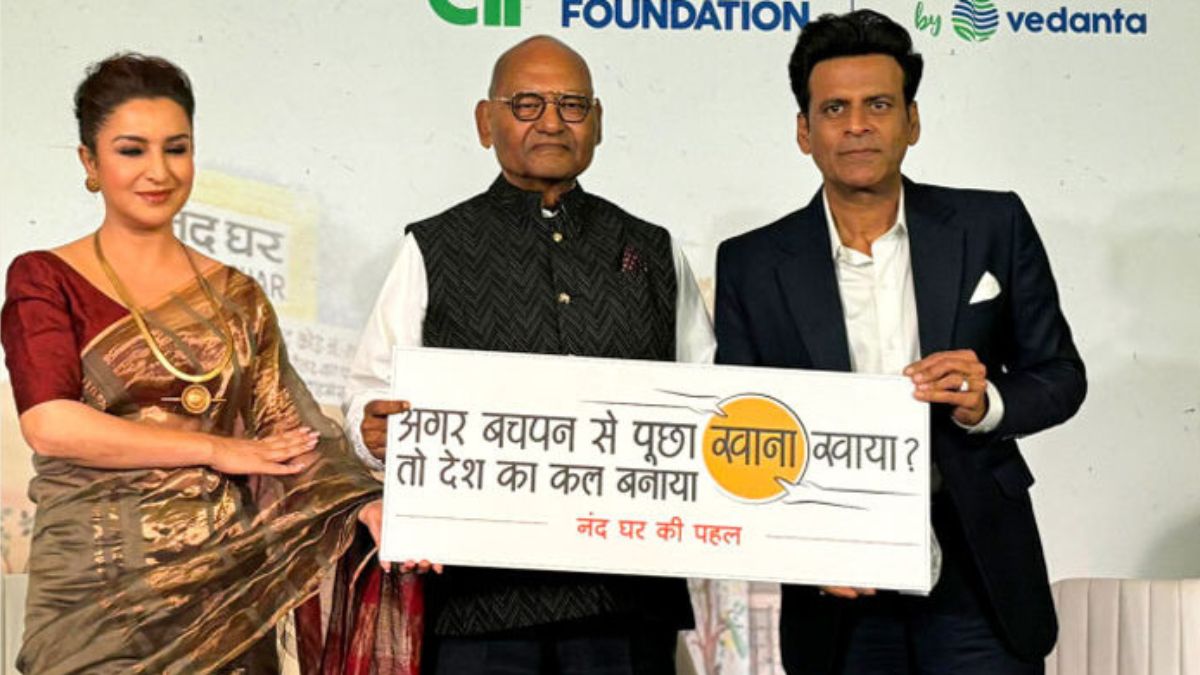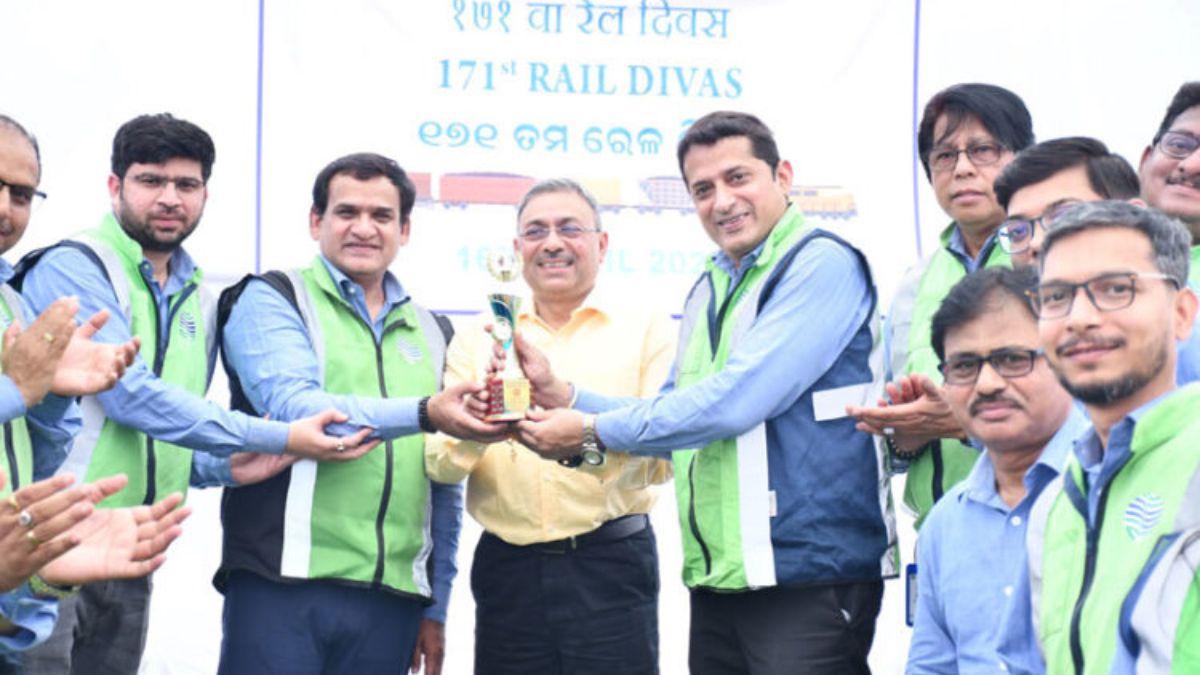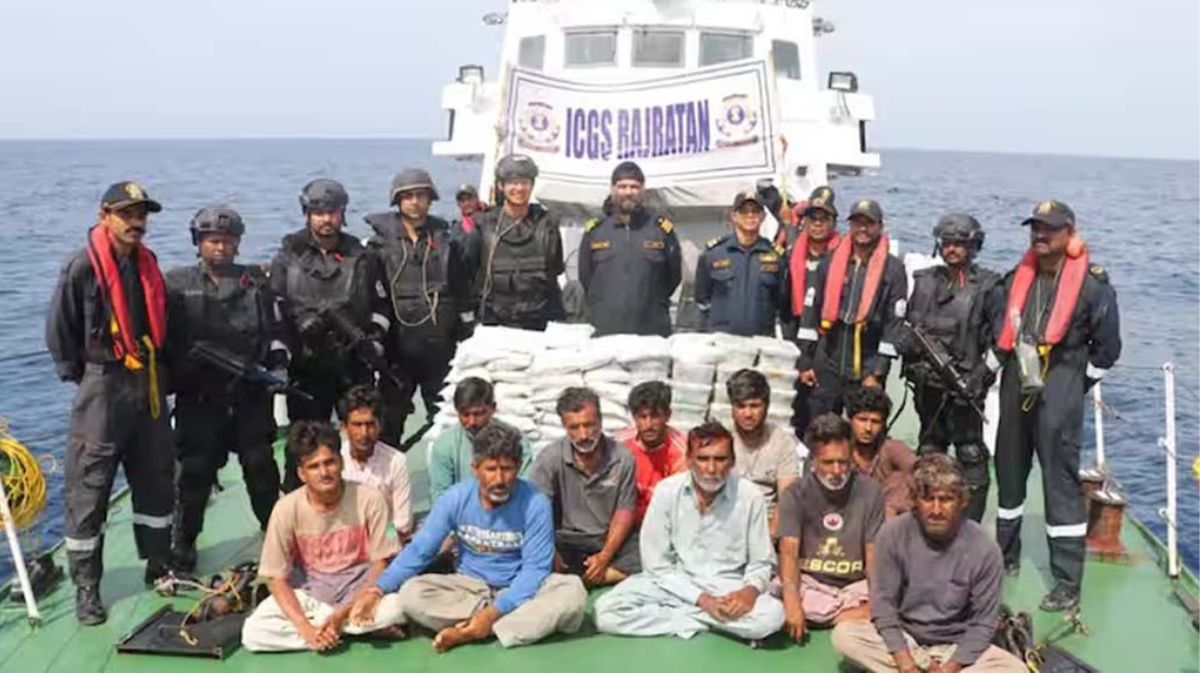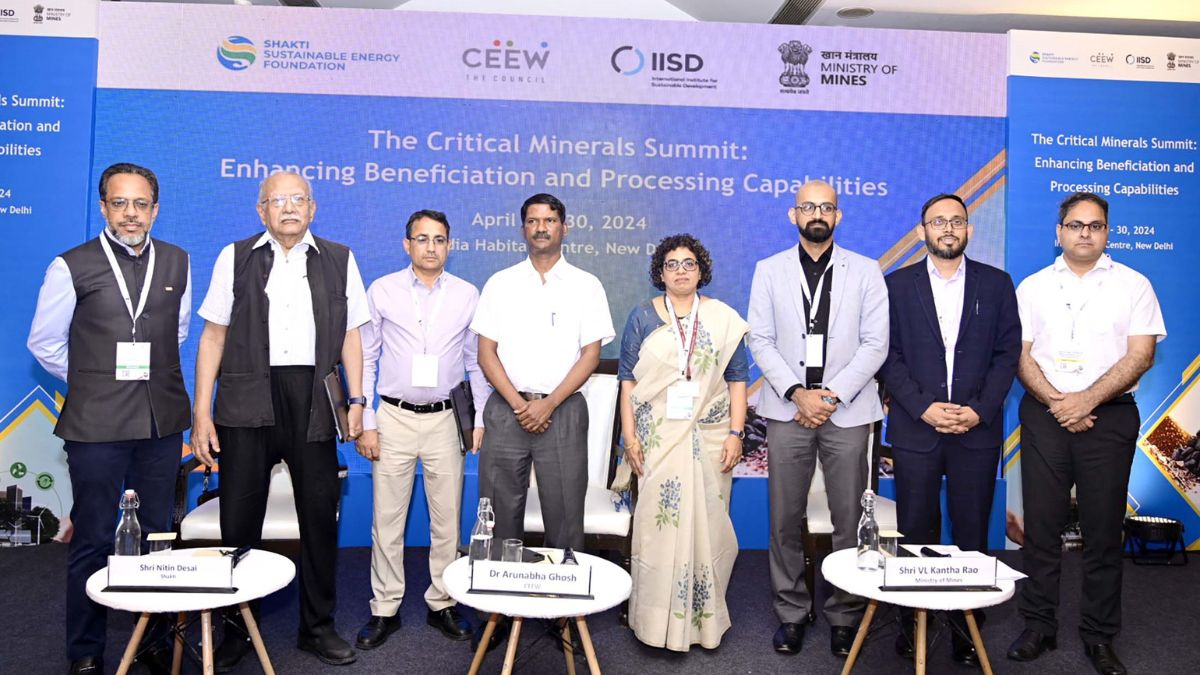SIDBI’s Latest Report Launched In Washington, D.C., Unveils Six De-Risking Measures To Accelerate India’s Electric Two- And Three-Wheeler Adoption
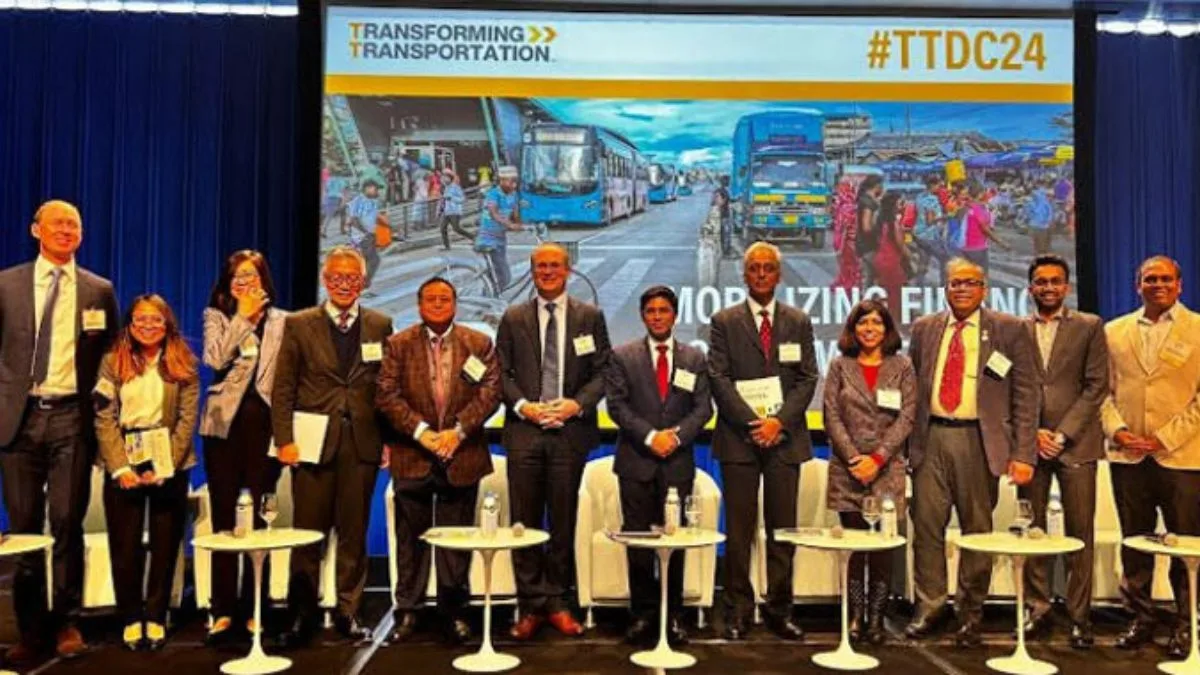
New Delhi: The drive towards greater adoption of electric two- and three-wheelers in India requires a significant boost in financing options. Presented at the Transforming Transportation 2024 International Conference in Washington, D.C., a recent report by SIDBI, under the guidance of NITI Aayog and in collaboration with RMI as a knowledge partner, lays out six measures aimed at reducing investors’ risks in the electric vehicle (EV) ecosystem. These measures seek to encourage private sector initiatives that can help mitigate potential losses for financiers, thereby facilitating more favorable lending terms for EVs.
The report emphasizes three key pillars: tailoring financial products to suit electric two- and three-wheelers (e-2/3W), establishing standardized eligibility criteria for original equipment manufacturers (OEMs) and financiers, and institutionalizing measures to reduce risks associated with EV financing.
Drawing from insights gathered from interactions with over 1000 stakeholders, facilitated by SIDBI with support from the World Bank, the report addresses pain points and outlines strategies to convert challenges into opportunities. It delineates two categories of de-risking measures aimed at bolstering market confidence in EVs.
The first category includes general measures such as implementing comprehensive collections systems, robust repossession procedures, and promoting comprehensive insurance coverage for EVs. Tailored measures specific to the EV market include leveraging telematics data for risk assessment, developing secondary sales markets, and ensuring product quality through warranties and service contracts.
These de-risking measures are anticipated to have a significant financial impact by reducing operating costs, minimizing expected losses, and enhancing transparency in the e-2/3W market. For instance, digitizing collections and optimizing repossessions aim to lower operating costs for financiers, while maintaining high product quality and fostering a robust secondary market help mitigate losses.
Through collaborative efforts involving NITI Aayog, SIDBI, the World Bank, and other partners, initiatives are underway to design an EV lending facility and identify market-enabling de-risking measures. This aims to make EV financing more accessible and ignite greater adoption of electric two- and three-wheelers.
SIDBI’s Chairman and Managing Director, Shri Sivasubramanian Ramann, expressed the institution’s commitment to scaling the market for electric vehicles through initiatives such as Mission 50K-EV4ECO. By incentivizing financiers to adopt de-risking measures, SIDBI aims to complement governmental initiatives and promote EV adoption across the country.
RMI India’s Managing Director, Akshima Ghate, highlighted the potential for de-risking measures outlined in the report to streamline operational costs for financiers, resulting in enhanced lending terms and increased market confidence in EVs.
Gerald Ollivier, Lead Transport Specialist at the World Bank, emphasized the collaboration between the World Bank and the Government of India to promote electric mobility through initiatives such as the National Mission for Transformative Mobility and Battery Storage. This collaboration aims to establish a sustainable financing ecosystem for electric two- and three-wheelers in India, leveraging financial products and de-risking measures to facilitate lending.
SIDBI aims to leverage its expertise in managing risk mitigation models, including EV RSF 2-3W, to shape similar models for electric four-wheelers, buses, trucks, and other emerging segments, ensuring the sustainable evolution of the EV ecosystem.








